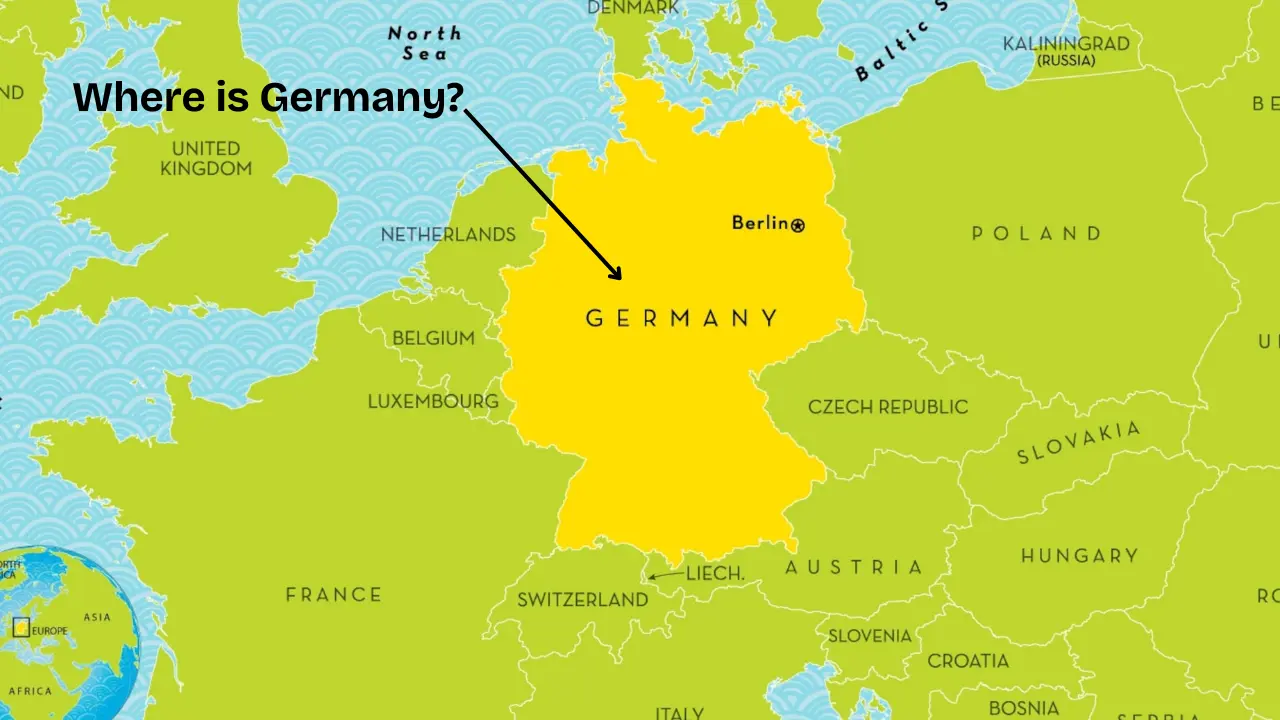Germany is a country located in Central Europe. It is one of the most influential nations in Europe, both economically and culturally.
Germany shares its borders with nine countries: Denmark to the north; Poland and the Czech Republic to the east; Austria and Switzerland to the south; and France, Luxembourg, Belgium, and the Netherlands to the west.
Because of this central position, Germany is often called the “heart of Europe.”
Geography
Germany has a diverse landscape. In the south, you will find the Alps mountains, while the central region is full of forests, hills, and rivers such as the Rhine, Danube, and Elbe.
The north has lowlands that connect to the North Sea and the Baltic Sea, giving Germany access to important trade routes.
Capital and Major Cities
The capital of Germany is Berlin, known for its history, culture, and modern lifestyle. Other major cities include Munich, Hamburg, Frankfurt, and Cologne.
Each city has its own identity—Munich is famous for Oktoberfest, Frankfurt for finance, and Hamburg for its port.
Importance in Europe
Germany is the largest economy in Europe and the fourth-largest in the world.
It is a founding member of the European Union (EU) and plays a vital role in politics, technology, and international relations.
Summary
In short, Germany is located in Central Europe, surrounded by nine countries, with Berlin as its capital.
Its central location makes it an important hub for travel, business, and culture in Europe.

